The Top 5 Pests You Need to Watch Out For This 2025
Last updated on January 11th, 2025 at 12:31 pm
Your home is your sanctuary, but it’s also a target for various pests that can invade your space, damage your property, and threaten your health. Food pests can invade your home through infested food packaging, so it’s crucial to inspect food items for small holes or signs of infestation. Being aware of the most common household pests and how to prevent them is the first step to maintaining a safe and pest-free environment. Here are the top five pests you need to watch out for, along with actionable tips to keep them away.
Understanding Pest Infestations
What is a Pest Infestation?
A pest infestation occurs when unwanted pests—such as insect pests like cockroaches and bed bugs, or non-insect pests like rodents and birds—invade and establish a significant population within your home or property. These infestations can happen in kitchens, basements, attics, or even outdoor spaces like gardens and storage areas.
Why Are Pest Infestations a Significant Health Risk?
Pest infestations aren’t just a nuisance; they can cause serious problems, including:
-
Structural Damage: Termites and rodents can compromise the safety of your home by chewing through wood, insulation, or wiring.
-
Food Contamination: Cockroaches, ants, and rodents can spoil food supplies, spreading harmful bacteria such as salmonella and E. coli.
-
Health Risks: Pests can transmit dangerous diseases (e.g., leptospirosis, dengue, typhoid) and aggravate allergies or asthma through their droppings, saliva, or shed skin, posing a significant health risk.
-
Mental Stress: Living with a pest problem can cause anxiety, stress, and sleep disturbances, especially during severe infestations.
Why Early Detection Matters
Identifying the signs of an infestation early is crucial. By addressing the issue promptly, you can prevent it from worsening, reduce the risk of health problems, and avoid costly damages.
Prevention is Key
The best defense against infestations is a proactive approach:
- Maintain Cleanliness: Regularly clean your home to remove food crumbs and standing water.
- Seal Entry Points: Close gaps, cracks, and holes that pests could use to enter your home.
-
Monitor for Signs: Learn to recognize early signs of pest activity, such as droppings, bite marks, or strange odors.
The Top 5 Pests to Watch Out For
With an understanding of infestations, let’s explore the top pests that commonly invade homes and how to keep them away:
1. Termites: The Silent Destroyers
Termites are one of the most destructive pests, causing billions of pesos in property damage annually. These insects feed on cellulose, which is found in wood and paper products, making your home a prime food source. What makes termites so dangerous is their ability to go unnoticed until significant damage has been done.
Signs of Termite Infestation:
- Mud tubes on walls or foundations
- Hollow-sounding wood
- Discarded wings near windows or doors
Prevention Tips:
- Conduct regular termite inspections, particularly in areas prone to infestations.
- Keep wooden structures and firewood away from direct soil contact.
-
Ensure proper drainage around your home to reduce moisture that attracts termites.
2. Cockroaches: The Disease Carriers
Cockroaches are more than just unsightly pests—they’re known to spread diseases like salmonella, typhoid, and cholera. They also contribute to respiratory issues, particularly in children, by spreading allergens. Cockroaches can survive without food for a month, making them incredibly resilient.
Signs of Cockroach Infestation:
-
Droppings that resemble black pepper grains
-
Musty odors in hidden areas
-
Shed skins and egg cases
Prevention Tips:
-
Keep all surfaces clean and dry.
-
Fix leaks and avoid leaving standing water in sinks and drains.
-
Use cockroach baits and traps in high-risk areas such as kitchens and bathrooms.
If you notice signs of a severe cockroach infestation, it is crucial to contact a professional pest control company to effectively address the issue.
3. Mosquitoes: The Deadly Biters
Mosquitoes are one of the deadliest pests in the world, transmitting diseases such as dengue, malaria, and chikungunya. The Philippines is particularly prone to dengue outbreaks, especially during the rainy season when standing water accumulates in homes and neighborhoods.
Signs of Mosquito Infestation:
-
Increased mosquito bites, particularly at dusk and dawn
-
Presence of larvae (“wrigglers”) in stagnant water
Prevention Tips:
-
Regularly check for and remove standing water in plant pots, tires, and containers.
-
Install screens on windows and doors to keep mosquitoes out.
-
Use mosquito repellents and mosquito nets, especially at night.
4. Rats and Mice: The Gnawing Menace
Rats and mice invade homes in search of a food source and are more than just a nuisance; they’re carriers of diseases such as leptospirosis, hantavirus, and salmonella. These pests are also notorious for chewing through electrical wiring, which can lead to costly repairs and even fires.
Signs of Rodent Infestation:
- Droppings near food storage areas
- Gnaw marks on wires, furniture, or food packaging
- Scratching or scurrying noises at night
Prevention Tips:
- Seal all entry points, including small cracks and gaps in walls, floors, and ceilings.
- Store food in rodent-proof containers.
-
Maintain cleanliness in attics, basements, and garages to eliminate hiding spots.
5. Ants: The Tiny Invaders
Ants are persistent pests that invade homes in search of food. While most species are harmless, others, like carpenter ants, can damage wood, and fire ants can deliver painful stings that may require medical attention.
Signs of Ant Infestation:
- Trails of ants along walls or floors
- Small piles of dirt, which could indicate nesting areas
- Presence of ants near sugary or greasy foods
Prevention Tips:
- Clean up food crumbs and spills immediately.
- Use caulk to seal cracks and entry points.
-
Apply ant bait stations to eliminate colonies.
Pest Control Methods
Effective pest control methods are crucial in managing infestations and preventing future pest problems. Here are some effective strategies for managing infestations:
Effective Strategies for Managing Infestations
- Integrated Pest Management (IPM): IPM is a holistic approach that involves identifying the root cause of the infestation, using a combination of techniques such as sealing entry points, removing food sources, and using targeted pesticides. This method not only addresses the current pest problem but also helps prevent future infestations.
- Sealing Entry Points: One of the simplest yet most effective ways to prevent pest infestations is by sealing all cracks and crevices around the home. This includes holes around pipes, vents, and doors, which can serve as entry points for pests.
- Removing Food Sources: Pests thrive in environments where food is readily available. Keeping your home clean and free of food debris, storing food in sealed containers, and removing standing water can significantly reduce the attractiveness of your home to pests.
- Using Targeted Pesticides: When necessary, using pesticides that are specifically designed to target the pest species can help minimize harm to non-target species and the environment. Always follow the instructions on the pesticide label for safe and effective use.
-
Biological Control: This method involves using natural predators or parasites of the pest species to control infestations. For example, introducing ladybugs to control aphids in a garden can be an effective and environmentally friendly solution.
When to Call a Professional Pest Control Company
While DIY solutions can help in some cases, severe infestations often require the intervention of a professional pest control company. Experts have the tools, knowledge, and experience to identify the root cause of infestations and apply targeted treatments.
At Environet Pest Control, we’ve been safeguarding homes for over 23 years. Our team specializes in termite prevention, general pest control, and disinfection services to ensure your home remains safe and pest-free. Contact us today to schedule a consultation and reclaim your home from pests.
